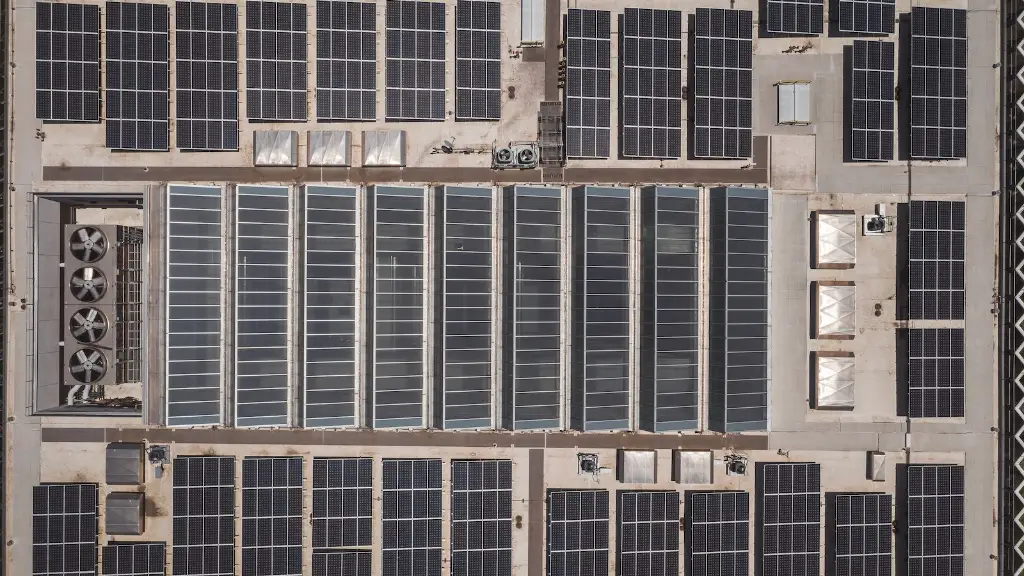Climate change has become increasingly evident in recent times, with its effects ranging from floods and hurricanes to extreme droughts and polar ice caps melting. Unexpectedly, this phenomenon may also trigger ice ages, raising important questions about their possible occurrence in the near future. To understand whether global warming could create an ice age, it is necessary to analyze both the practical and theoretical implications of this intriguing hypothesis.
On the one hand, there are compelling arguments that climate change could lead to an ice age. The most obvious mechanism is the alteration of ocean circulation, which inevitably affects the rate in which heat is distributed and trapped by the atmosphere. As a result, global temperature gradually diminishes and more ice accumulates from the surrounding air and ocean. Additionally, there have been reports of increased glacial activity in some areas, such as the Antarctic ice sheet, due in part to increasing levels of atmospheric Carbon Dioxide and other greenhouse gases. This further reinforces the notion of potential global cooling due to human activity.
On the other hand, there are influential arguments that refute the idea of an impending ice age. Despite the current above-normal rates of greenhouse gas emissions and their pervasive influence on the planet, their impacts on certain parts of the earth remain quite localized and cannot produce an ice age in itself. Moreover, scientists remain divided on the matter of how extreme temperature fluctuations can be attributed to global warming – while it has the potential to cause the atmosphere to heat up or cool down, this is largely dependent on the climatic conditions and the amount of carbon dioxide produced in specific places.
The general consensus seems to be that global warming will not, by itself, cause an ice age. However, it may play a role in its occurrence, by disrupting the delicate sea/air temperature balance and facilitating the fast accumulation of icy air and water, which often serves as a precursor to an ice age. Heat, for instance, has been known to affect the balance of atmospheric pressure, creating the conditions necessary for massive, abrupt ocean cooling and triggering a dramatic drop in temperatures.
Ultimately, understanding the potential impacts of global warming on ice ages is a complex problem, as it rests on a variety of factors that are not always easy to predict. It is therefore necessary to most carefully monitor changing climate conditions and the composition of the atmosphere to better understand the contributions of human activities to the phenomenon. As we are all aware, small, incremental changes in the atmosphere can, over time, accumulate and lead to a much larger and more drastic result – and this time, it could be the onset of an ice age.
How Does Global Warming Create An Ice Age
